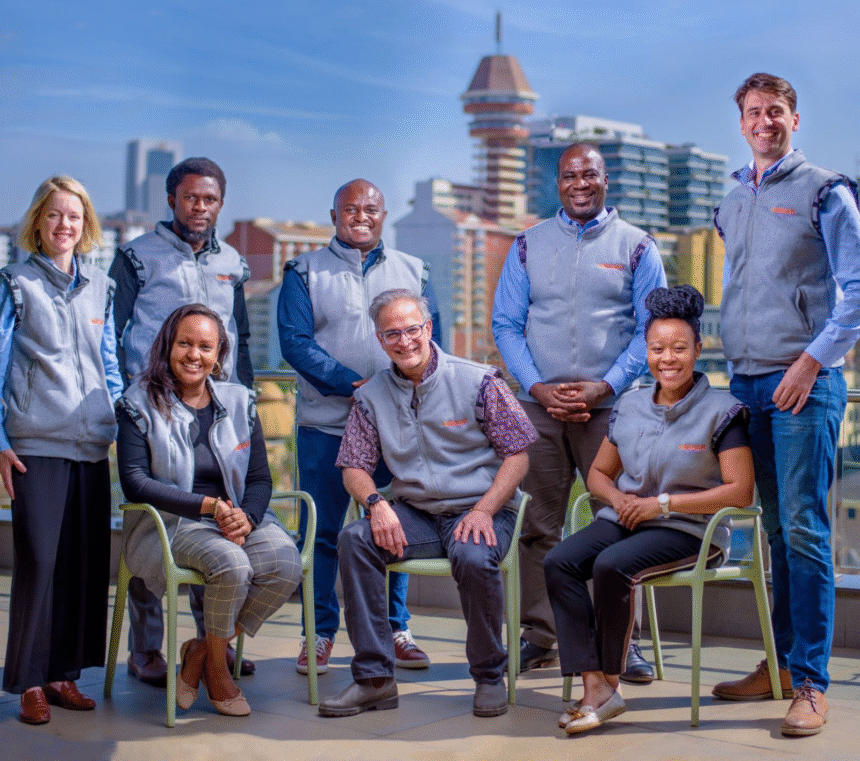Impact investor Acumen has launched a fresh $90 million Kawisafi Fund to back African climate-tech startups, with the aim of scaling innovations that address energy access, clean transport, and sustainable cooking.
The new fund, Kawisafi II, builds on the firm’s earlier efforts in East Africa and signals a wider shift: investors are starting to view Africa not just as a victim of climate change but as a testing ground for solutions that could serve the world.
So far, about $40 million has been committed, with backing from institutions such as the African Development Bank’s Sustainable Energy Fund for Africa (SEFA), the Green Climate Fund, and philanthropic organizations including the Schmidt Family Foundation and the Quadrature Foundation.
Targeting Everyday Needs
Kawisafi’s focus goes beyond big-ticket renewable projects. It looks to support entrepreneurs tackling everyday problems: households without reliable power, small businesses struggling with diesel costs, and families exposed to unsafe cooking fuels.
According to Acumen, the fund’s mission is to expand affordable clean energy access, build climate-resilient transport solutions, and support safer cooking alternatives. It also plans to leverage carbon markets as an additional lifeline for African startups often left behind by traditional venture capital.
A recent example is Koolboks, a startup providing solar-powered freezers to off-grid communities, which attracted Series A funding with KawiSafi’s participation. Such ventures highlight how small innovations can deliver tangible impact if properly financed.
The Investment Gap
Africa contributes only a fraction of global greenhouse gas emissions but bears some of the harshest climate impacts. Yet the continent receives less than five percent of global climate finance. For many founders, raising capital remains the biggest obstacle, with high perceived risk and limited local venture ecosystems keeping money away.
The Kawisafi Fund, Acumen argues, is designed to fill part of this gap. Its structure combines equity with blended finance, making investments more palatable to cautious investors while giving startups a longer runway to prove themselves.
Why it Matters
For climate-tech founders across Africa, this is both an opportunity and a challenge. The fund brings much-needed capital, but competition will be stiff. Startups will need to clearly demonstrate not only financial sustainability but also measurable impact in terms of lives improved and emissions avoided.
Investors, meanwhile, will be watching how Acumen balances returns with social outcomes. The success or failure of Kawisafi II could shape how future climate finance flows into the continent.
While the $90 million fund is a welcome boost, it barely scratches the surface of Africa’s financing needs for a just energy transition. Industry analysts note that real progress will require not only private capital but also government reforms, better infrastructure, and policies that make it easier to deploy renewable and climate-friendly technologies at scale.
Still, the launch of Kawisafi II offers a signal of hope: African innovators are no longer being sidelined but are increasingly recognized as central to solving the global climate crisis.
Talking Points
Acumen’s Kawisafi II fund is positive, but let’s be honest: $90 million for a whole continent is symbolic rather than transformational. Nigeria alone burns more than that in petrol subsidies each week. If we’re serious about climate resilience, funds must scale into the billions, not tens of millions.
Climate-tech in Africa will not succeed without the backbone of the digital economy. Solar kits, cold storage, and cooking solutions all need IoT sensors, mobile payments, data-driven financing, and e-commerce platforms to thrive. Yet our digital infrastructure — broadband, payments interoperability, cloud hosting — remains patchy. A climate-tech fund without digital integration risks propping up hardware that won’t scale.
Much of this money is coming from philanthropic arms of Western institutions. While helpful, it raises uncomfortable questions: are African startups being shaped to fit donor narratives, or to solve African realities? If financing comes with too many strings, it may end up reproducing dependency rather than building true resilience.





